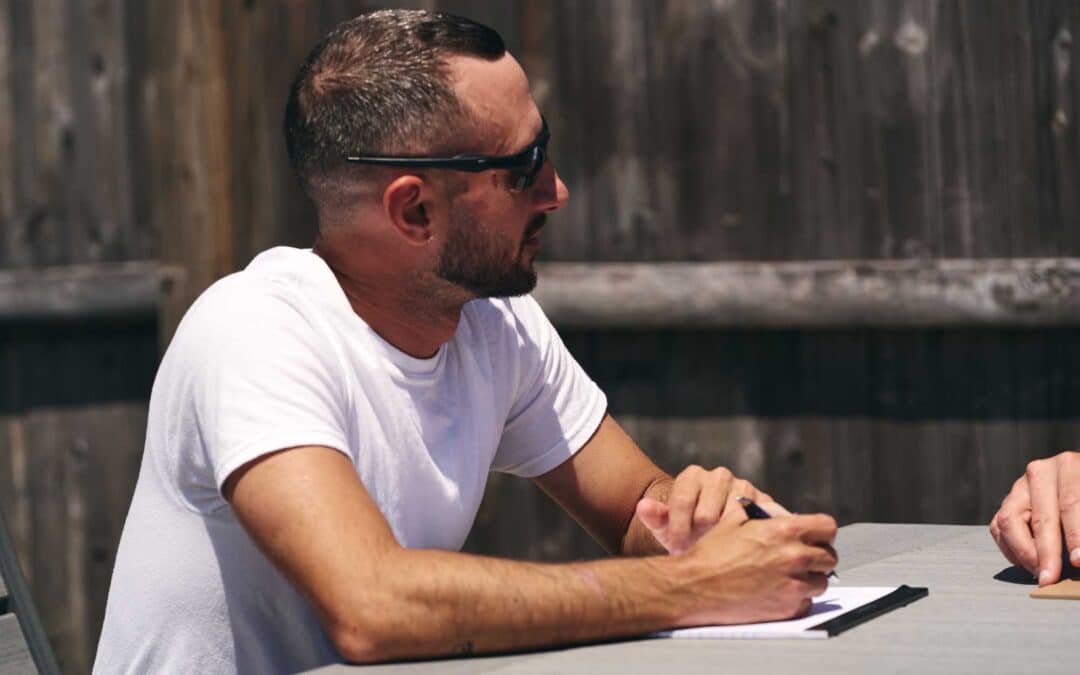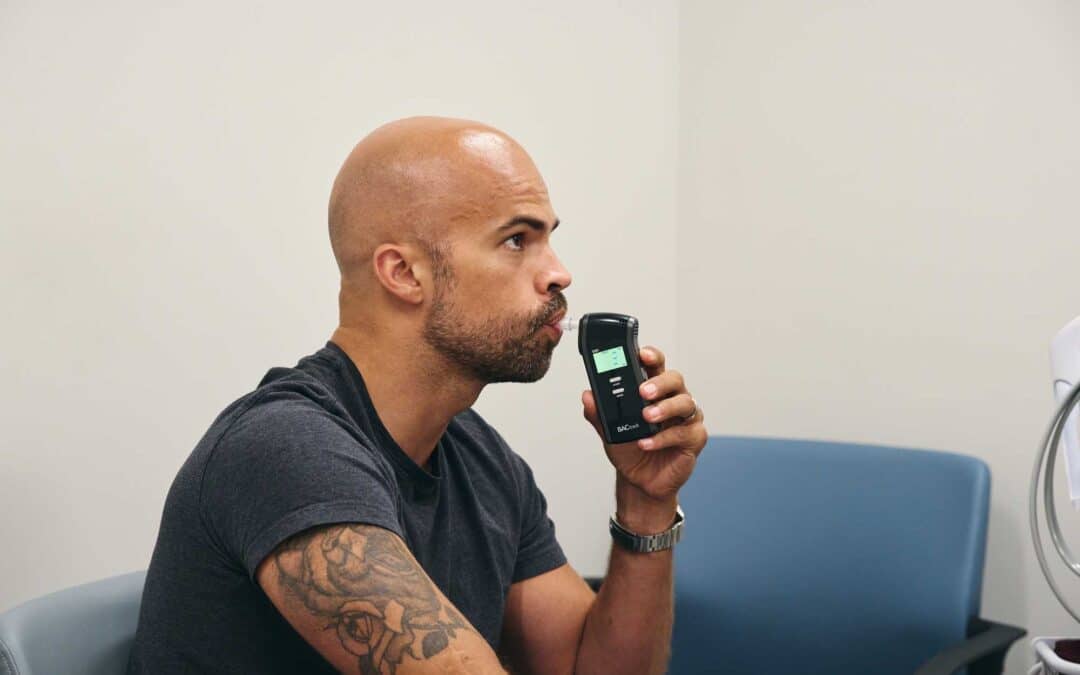When someone wishes to quit using drugs or drink alcohol but has concerns about going into withdrawal and experiencing uncomfortable symptoms, they may consider using a medical detox program’s services. But what is medical detox, and how does it differ from detoxing at home? Is medical detox a good way to start a more extensive drug or alcohol treatment program? What happens during medical detox? If you or someone you care about has been struggling with addiction, you may have many questions about drug detox. Addiction can be stressful and scary, but it can be reassuring and empowering to learn more about what to expect as you or your loved one starts on the journey to recovery.
What Is Medical Detox and What Happens During the Program?
Medical detox is a treatment program that is designed to help people who want to stop using drugs or drinking alcohol but need help with the symptoms of physical and psychological addiction. Usually, a physician is in charge of nurses, clinicians, and other professional care staff who all administer treatments and keep patients safe and comfortable. Patients are monitored around the clock to ensure their medical condition is stable and that no drugs or alcohol are used. Appropriate medications and treatments will be given to ensure that the patients are as comfortable as possible to tolerate withdrawal symptoms.
In addition to the medical aspect of a detox program, patients are also offered counseling and group therapy to help address the psychological aspect of addiction. These therapies are intended to start the patient building up a support network that will strengthen them in navigating their recovery journey.
Why Not Just Quit Cold Turkey At Home?
Studies have shown that people who complete a drug or alcohol treatment program, often starting with a course of treatment at a medical detox facility, are much more likely to maintain their recovery over time than someone who has not had the benefit of professional treatment. Patients at a medical detox hospital can find the right kind of help and support from professional care staff and peers who understand their struggles. In contrast, at home, there are no significant barriers to relapse. When alcohol withdrawal is severe, symptoms can become life-threatening and even potentially fat in some cases. Medical supervision is strongly advised for people who are withdrawing from alcohol. Even for those withdrawing from other substances, the symptoms of detox can be very uncomfortable, and the cravings for drugs and alcohol can be intense. It is very risky for someone to return to using drugs after even a short period of quitting and, at that time, there is a high risk of accidental overdose.
What Happens After Medical Detox Is Over?
Once the acute phase of withdrawal is passed, patients will usually be referred to a longer-term treatment program to help them further heal from their addiction and maintain their sobriety. Some medical detox hospitals have their own treatment programs, while others refer patients to partner programs at other facilities. Either way, it is critical that patients who are committed to maintaining their recovery continue in treatment. Addiction is a disease, and like other diseases, it takes time to learn how to manage it. With the right support and care, recovery is on the horizon.
Reach Out to Liberty Health Today
If you or a loved one are struggling with addiction, reach out to us at Liberty Health Services today at 855.959.4521. Our kind and professional staff members are available to answer your questions and tell you how we can help guide you and your family back to health, joy, and recovery. The best time to seek help is now, so contact us at 855.959.4521 and rediscover wellness.


